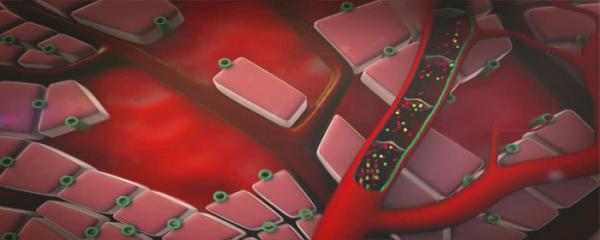What does elevated ALT level means? And when is treatment needed?

ALT (Alanine Aminotransferase / SGPT) is a type of enzyme found in liver cells. When the liver cells are functioning normally, the ALT enzymes should be contained within the liver cells.
You can imagine each liver cells as a balloon, and the ALT enzymes are the air inside the balloon. When the balloon is damaged, the air will be released. And when the liver cells is damaged, ALT enzymes are released into the bloodstream, therefore we are able to find out the level of liver function from a liver function blood test (LFTs).
The level of ALT is the primary indicator of liver health as this type of enzyme are only mainly found in liver cells. Normal ALT values are around 10-40 units per litre. This range might vary according to different countries or laboratories, but the upper limit is usually between 35-40. [1]
Therefore an elevated ALT level simply means liver damage, the higher ALT number indicates more severe damage to the liver.
When is treatment needed for elevated ALT level?
Different substances can causes damages to liver cells and elevated ALT level, i.e. Alcohol, medication, fat, heavy metals, or even excessive amount of meat intake. And it is normal for our body to have a small amount of ALT in the bloodstream, therefore the normal range of ALT is 10-40 units per litre.
Our liver is very forgiving and has a great self-repairing ability. If the ALT level is elevated in short term (less than 1 month), it is not considered to be a problem as the liver will be able to heal back itself.
But if the elevated ALT is longer than 1 month, this indicates a problem in the liver, which could be fatty liver, hepatitis, alcohol liver disease, etc. If ALT level is above normal range for longer than 3 months, it is considered to be chronic liver disease, where the liver is under constant injury, and treatment is required in order to prevent more serious liver diseases like: fibrosis, cirrhosis or liver cancer.
The types of treatment required for elevated ALT is different depending on the causes, some might require treatment for the cause of liver damage, and some treatment might focus on enhancing the ability of liver function and simply by protecting the liver cells, like fatty liver.
- * All research and clinical data should be used as reference purposes only, results may vary.






